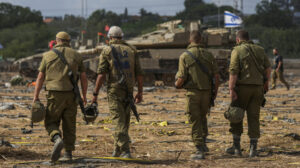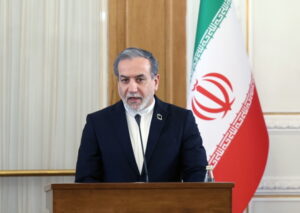At least 19,000 refugee and immigrant children are trapped in Greece, according to estimates based on data collected and analysed by UNISEF. International organisations openly warn about the physical risks they come up against while living in overcrowded hotspots in Greece.
The data was collected by the Ombudsman from all relevant bodies involved in the refugee-migrant crisis and revealed that the problem is exacerbating with the arrival of 3,494 more children in the eastern Aegean islands in September and October alone.
According to UNICEF, of the total 19,000, 4,200 were being hosted in the islands and 14,800 on mainland Greece.
From January to September, 8,875 children arrived in Greece by sea, which accounts for 37% of arrivals via the Aegean Sea. In particular, arrivals escalated from August (1,455) to 1,878 in September and 1,616 in October.
As UNICEF notes, “In the islands, facilities that accommodate unaccompanied children have now doubled their capacity rate, which directly endangers the safety and well-being of these children.”
Based on data from the National Centre for Social Solidarity, 3,150 unaccompanied minors were in the country in mid-October, 1,098 of which reside in hostels for unaccompanied minors.
The 23 European Children’s Ombudsmen raised the alarm, during the two-day Regional Meeting held in Athens (13-14 November 2017), funded by UNICEF and the European Commission. They highlighted the need for targeted policies and multifaceted measures to protect children’s rights and social inclusion by stressing the “importance of a dignified and safe living, as it has been established that in many cases children are exposed to serious risks because of the circumstances in which reside”.
Ask me anything
Explore related questions





